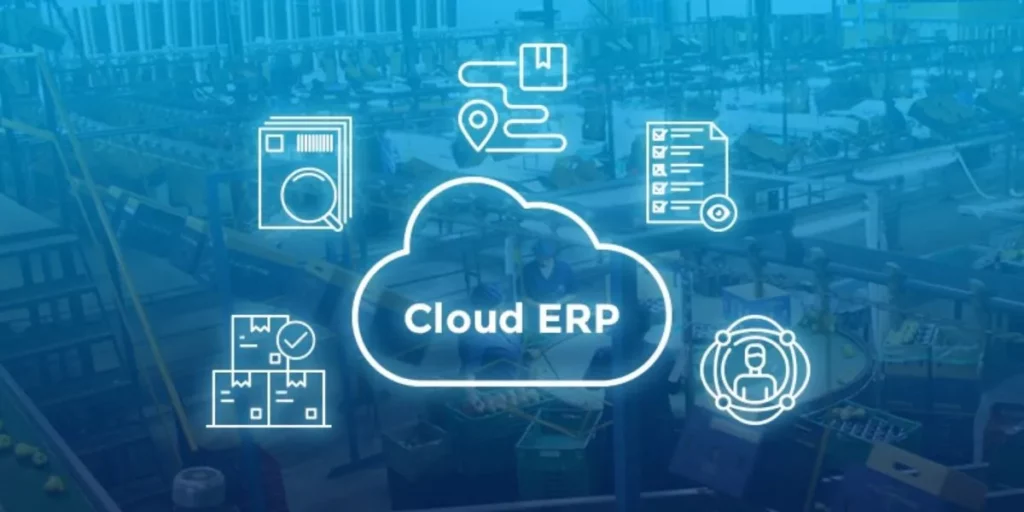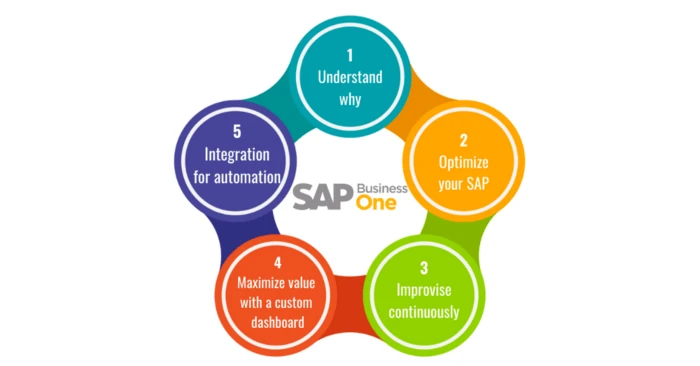Cloud EPR Software
In today’s rapidly evolving business landscape, adaptability and efficiency are paramount. Traditional on-premises Enterprise Resource Planning (ERP) systems, once the go-to solution for managing a wide range of business processes, are finding themselves overshadowed by their cloud-based counterparts. Cloud ERP systems are playing a pivotal role in reshaping how businesses operate and succeed in the digital age. In this blog, we will delve into the transformative role of ERP in modern business and explore the many benefits it offers.
The Evolution of ERP
The concept of ERP systems traces its roots back to the 1960s when these solutions were primarily designed to automate and streamline back-office operations like finance, inventory management, and procurement. Over the years, the scope of ERP systems expanded to include a wide array of functions, encompassing areas such as human resources, supply chain management, and customer relationship management.
Traditional ERP systems were often associated with significant upfront costs, lengthy implementation periods, and substantial investments in IT infrastructure. While they undoubtedly delivered value by enhancing operational efficiency, they frequently fell short when it came to adapting to the rapidly changing demands of modern businesses.
The Emergence of Cloud ERP
The emergence of cloud computing marked a paradigm shift in the ERP landscape. Cloud ERP solutions are hosted and managed by third-party providers, and accessible via the Internet. This transition brought forth a slew of game-changing advantages:
- Cost-Efficiency: Cloud ERP eliminates the need for substantial upfront investments in hardware and IT infrastructure. Businesses can now opt for a subscription-based model, paying only for the resources and functionalities they require. This dramatic reduction in the total cost of ownership makes ERP an attractive proposition for businesses of all sizes.
- Scalability: One of the standout features of ERP is its scalability. Whether you’re a burgeoning start-up or an established enterprise, you can effortlessly scale your ERP system up or down to accommodate your evolving needs. This scalability ensures that your ERP solution grows alongside your business.
- Accessibility and Mobility: Cloud ERP provides ubiquitous access via the Internet, empowering employees to work from anywhere with an Internet connection. This not only facilitates remote work but also fosters global collaboration. Critical business data is now accessible at your fingertips, 24/7.
- Faster Implementation: ERP systems typically boast shorter implementation timelines compared to their traditional counterparts. This accelerated deployment means businesses can start realizing the benefits of their ERP solution in a much shorter timeframe.
- Enhanced Collaboration and Insights: Cloud ERP fosters seamless collaboration among departments and offers real-time insights into business operations. This promotes data-driven decision-making, helping organizations stay agile and responsive in a rapidly changing marketplace.
Conclusion
The role of cloud ERP in modern business is nothing short of transformative. It streamlines operations, slashes costs, and empowers organizations to adapt and thrive in today’s digital era. As businesses continue to prioritize efficiency, scalability, and accessibility, Cloud ERP solutions are set to remain at the forefront of enterprise technology, propelling businesses toward new heights of success. In this age of constant change, embracing cloud ERP is more than just a choice; it’s a strategic imperative for those seeking to stay competitive and relevant in the ever-evolving world of business.



